East Timor is emerging as Southeast Asia’s latest protest flashpoint, where a wave of student-led demonstrations has forced the government to abandon controversial perks for lawmakers. What began as anger over luxury cars for MPs has now grown into a broader movement targeting inequality, misuse of public funds and the state’s failure to deliver economic reforms.
Scrapping lifetime pensions
The most recent concession came on Friday, when parliament voted unanimously to abolish lifetime pensions for Members of Parliament, former presidents, prime ministers and cabinet ministers. The measure overturned a law dating back to 2006 that entitled officials to receive salaries for life once they left office.
MP Olinda Guterres of the Khunto party directly addressed the young demonstrators after the vote: “To all university students, your demands have been fulfilled. Please stop the demonstrations.”
The vote followed days of mass protests in Dili, where students had demanded not only the cancellation of lifetime pensions but also the scrapping of a plan to purchase $4.2 million worth of Toyota Prado SUVs for lawmakers. Public anger had been simmering for months in a country where the World Bank estimates that more than 40 per cent of the population lives in poverty.
From SUVs to systemic anger
Initially, more than a thousand students rallied outside the National Parliament to demand the cancellation of the SUV purchase approved in the 2025 budget. Demonstrators carried banners, chanted slogans and pressed lawmakers to reconsider.
When some protesters hurled stones at cars outside the parliament, police responded with tear gas, leaving at least four demonstrators injured. National police official Justino Menezes said organisers would be summoned to answer for the damage.
Yet despite the confrontation, momentum stayed with the protesters. Several political parties, including the National Congress for Timorese Reconstruction, the Democratic Party and Enrich the National Unity of the Sons of Timor, distanced themselves from the procurement plan, declaring it out of touch with public needs. Under pressure, parliament eventually cancelled the vehicle purchase.
President backs the protesters
President Jose Ramos-Horta endorsed the parliament’s move to end pensions and hinted that he would sign the new bill without hesitation. He told reporters he had “no problem” with the proposal and added, “I do not agree with lifetime pensions in Timor-Leste. It would be better to allocate the funds to productive sectors, education, and rural development to reduce the poverty problem in this country.”
He also expressed appreciation for the students’ activism, saying their intervention had helped redirect resources towards national priorities such as agriculture, health and education.
Fragile economy and growing discontent
East Timor, one of the world’s youngest democracies, has faced repeated challenges since gaining independence from Indonesia in 2002. Despite vast oil and gas reserves, economic inequality, malnutrition and youth unemployment remain high. For many students, frustration lies in seeing state resources directed towards political elites while basic services lag.
“The funds can now be used for sectors that actually improve people’s lives,” said Fortunata Alves, a 23 year old university student who joined the rallies.
Impact Shorts
More ShortsEchoes of Nepal
The protests in East Timor have drawn comparisons with Nepal, where sustained youth-led movements in the past decade have upended the political order and pushed governments into major concessions. Like Kathmandu, Dili’s streets are now filled with Gen Z demonstrators whose demands go beyond single policies to systemic change.
The protests in Nepal began after the government shut down social media platforms such as Facebook, X and YouTube, citing the companies’ failure to register and comply with government regulations.
However, the unrest quickly grew into a wider movement driven by frustration over alleged corruption, abuses by state forces, and a culture of impunity. Dozens of young protesters lost their lives, and thousands sustained injuries.
As anti-corruption rallies intensified, clashes between demonstrators and police became frequent, resulting in further fatalities. The unrest grew the next day when crowds stormed the parliament and set fire to government offices, prompting KP Sharma Oli to resign as the Prime Minister.
With inputs from agencies


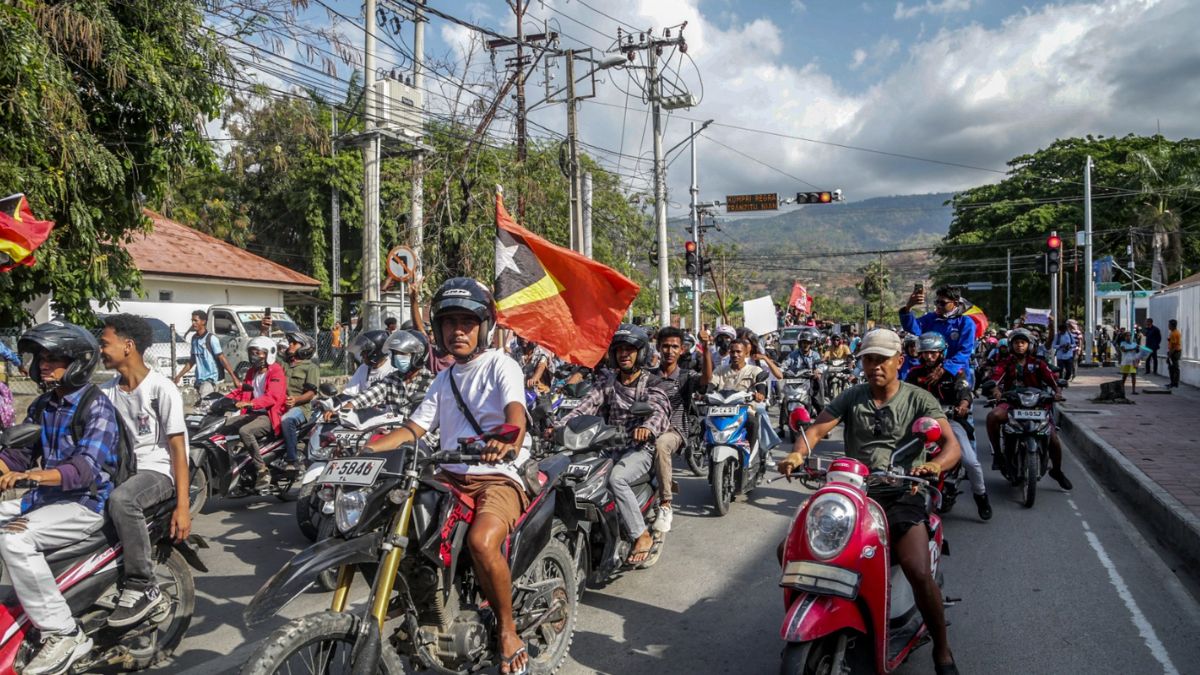)
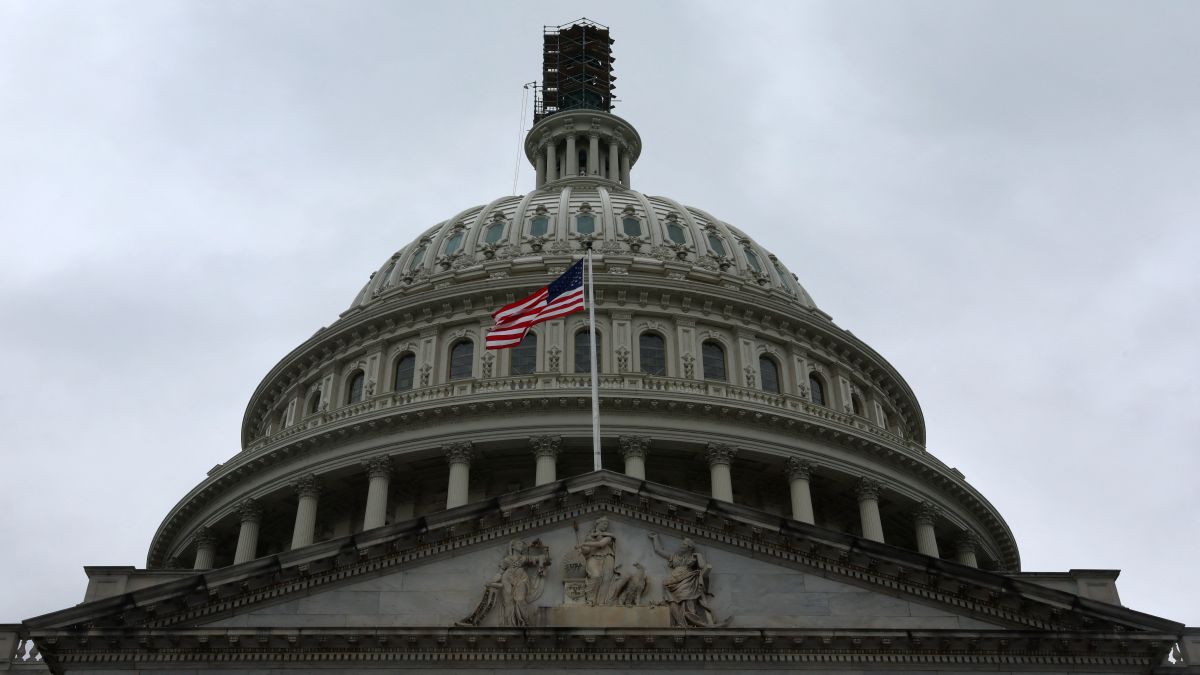
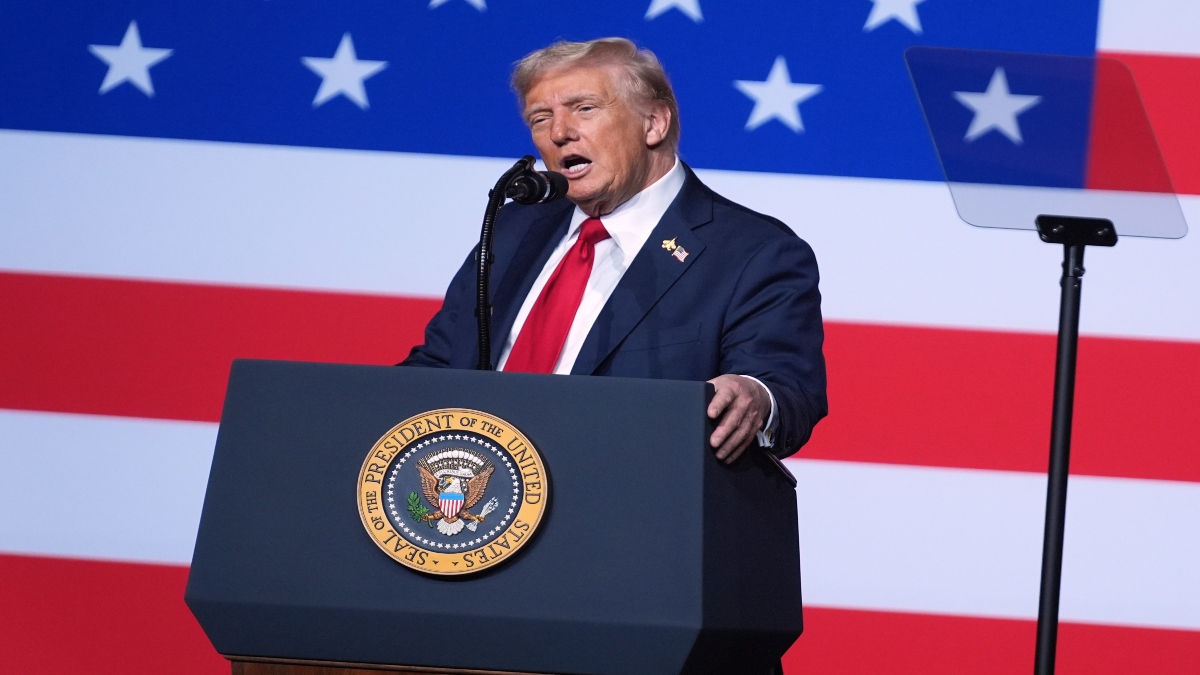)
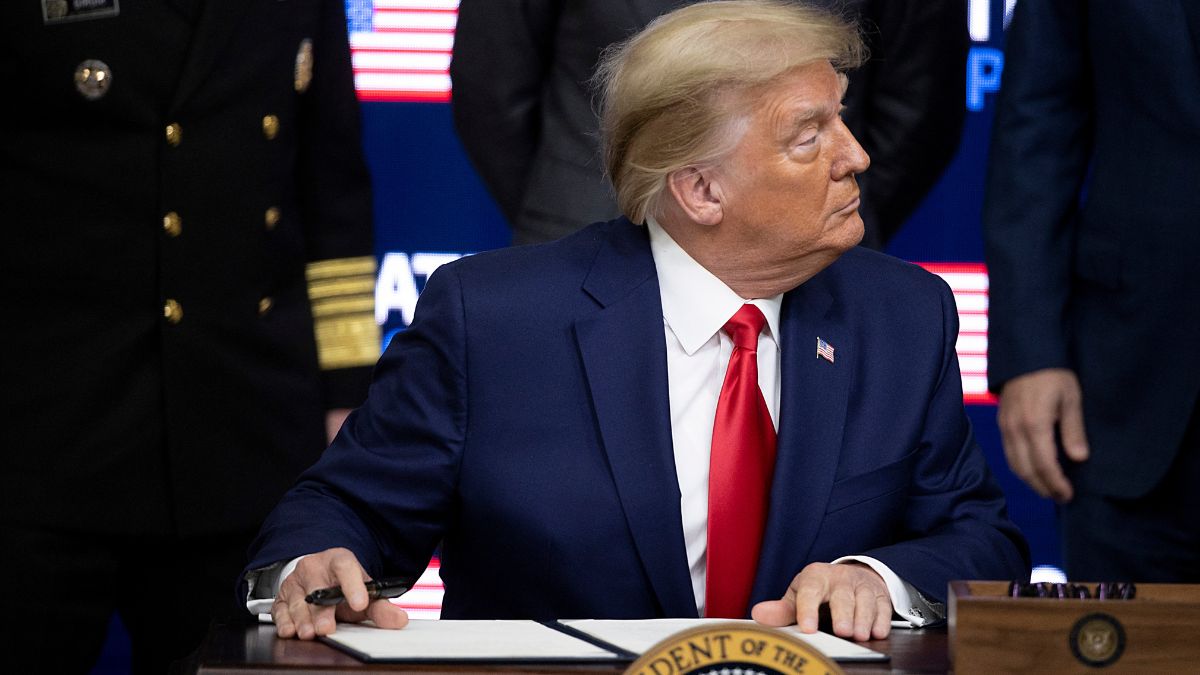)
)
)
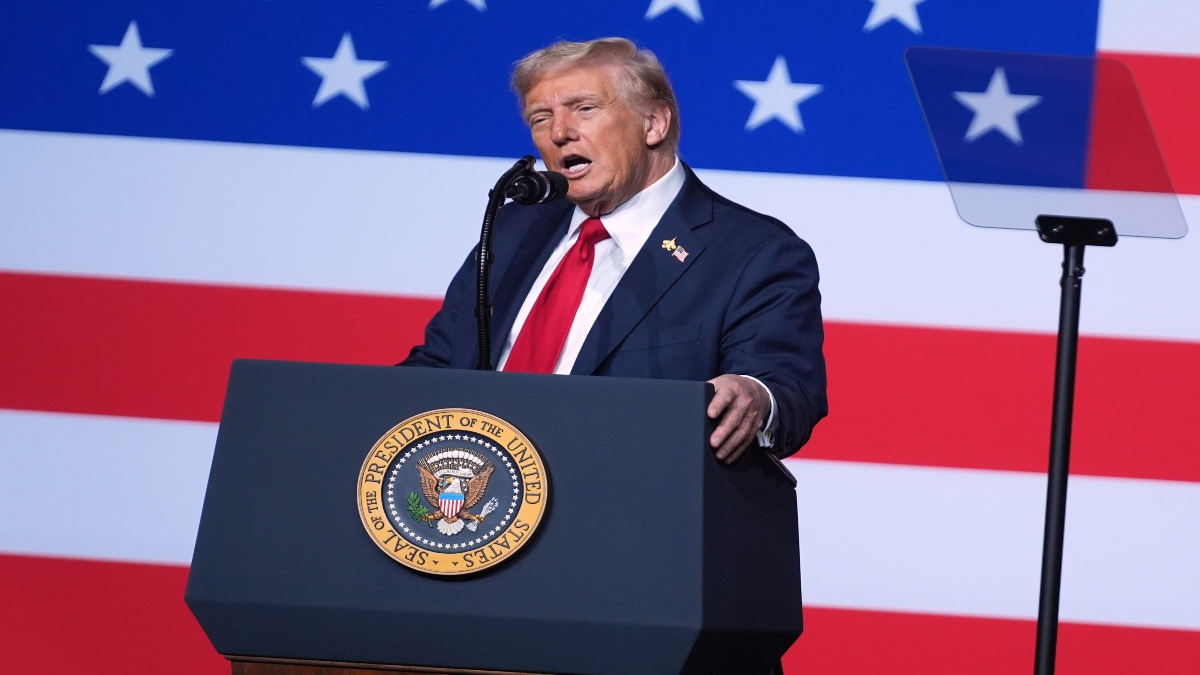)
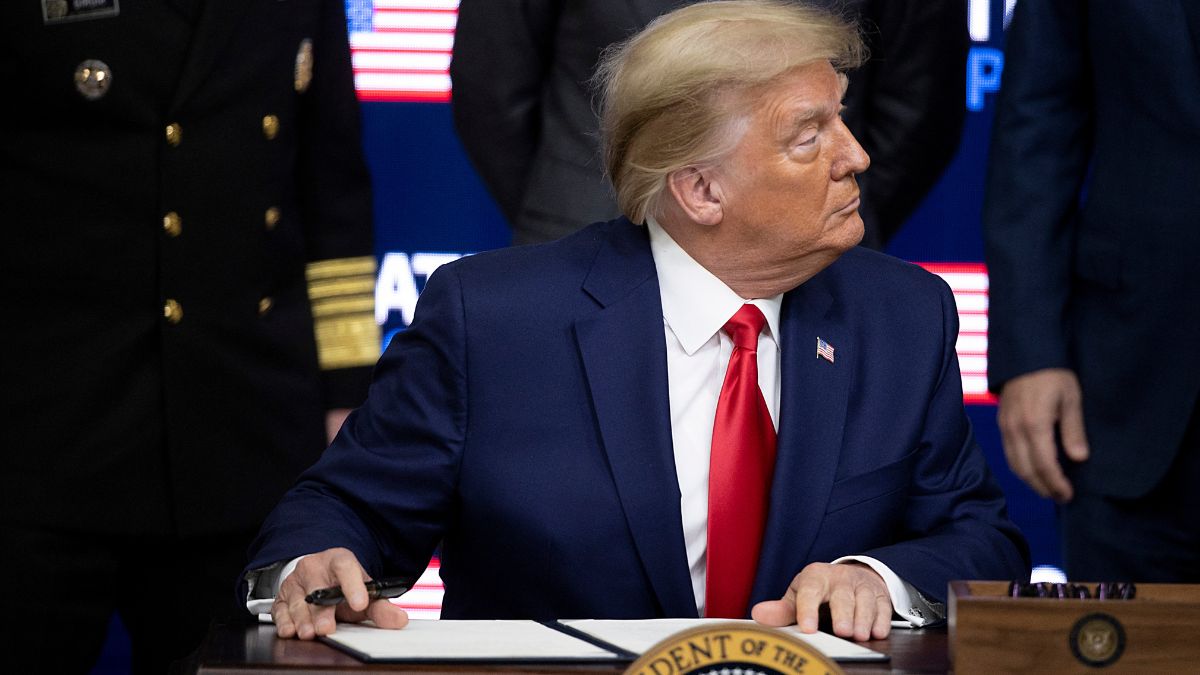)
)
)



